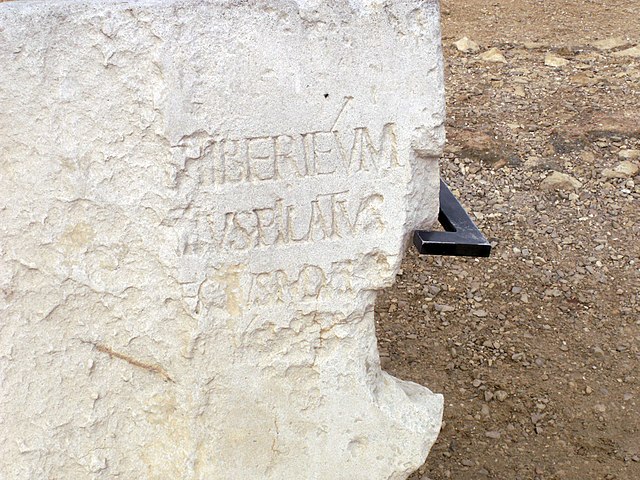Hermann Samuel Reimarus, was a German philosopher and writer of the Enlightenment who is remembered for his Deism, the doctrine that human reason can arrive at a knowledge of God and ethics from a study of nature and our own internal reality, thus eliminating the need for religions based on revelation. He denied the supernatural origin of Christianity, and was the first influential critic to investigate the historical Jesus. According to Reimarus, Jesus was a mortal Jewish prophet, and the apostles founded Christianity as a religion separate from Jesus’ own ministry.
Hermann Samuel Reimarus
The term "historical Jesus" refers to the life and teachings of Jesus as interpreted through critical historical methods, in contrast to what are traditionally religious interpretations. It also considers the historical and cultural contexts in which Jesus lived.
Virtually all scholars of antiquity accept that Jesus was a historical figure, and the idea that Jesus was a mythical figure has been consistently rejected by the scholarly consensus as a fringe theory. Scholars differ about the beliefs and teachings of Jesus as well as the accuracy of the biblical accounts, with only two events being supported by nearly universal scholarly consensus: Jesus was baptized and Jesus was crucified.
An 11th-century Byzantine manuscript containing the opening of the Gospel of Luke
Hermann Samuel Reimarus (1694–1768) studied the historical Jesus.
Albert Schweitzer, whose book coined the phrase Quest [for] the Historical Jesus
The Pilate Stone from Caesarea Maritima, now at the Israel Museum



![Albert Schweitzer, whose book coined the phrase Quest [for] the Historical Jesus](https://upload.wikimedia.org/wikipedia/commons/thumb/5/58/Bundesarchiv_Bild_183-D0116-0041-019%2C_Albert_Schweitzer.jpg/404px-Bundesarchiv_Bild_183-D0116-0041-019%2C_Albert_Schweitzer.jpg)
